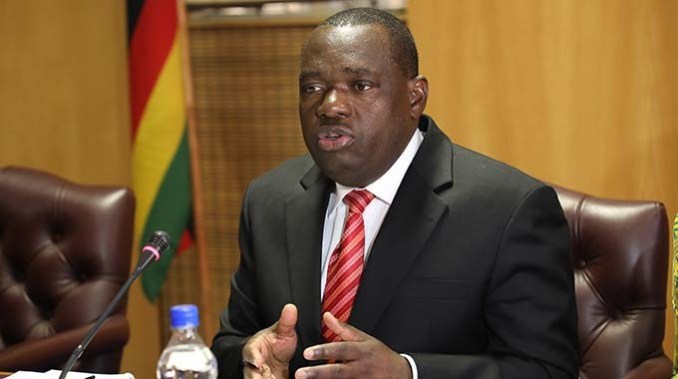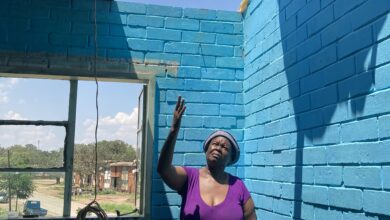We have been slow on reforms, Government admits

The government, which desperately needs assistance from the international community, to address the economic and political crisis, which has dogged Zimbabwe for years, has admitted it has been slow on reforms.
When President Emmerson Mnangagwa was sworn in for a fresh term last year after the controversial July 30 polls, he promised a number of economic and political reforms in rebuilding the country under his mantra: “Zimbabwe is open for business.”
However, events on the ground, a year since the President took an oath of office are pointing to a different direction.
Citizens’ rights to peaceful demonstrations and other fundamental freedoms continue to be violated in Zimbabwe while the economy continues to deteriorate.
The country’s reengagement efforts with the international community have also not produced favourable outcomes.
The West which the government expected to resume investing in Zimbabwe, has since adopted a wait-and-see attitude.
Relations between Zimbabwe and the United States, for example, further strained in October after the latter said economic sanctions were not responsible for the collapse of the former’s economy.
In his recent meeting with African diplomats, Foreign Affairs and International Trade Minister, Sibusiso Moyo, who appealed for patience on reforms, said a year was rather too short for them to implement what they had promised.
“Slower than we had promised and slower than we had hoped for, these reforms are nevertheless progressing steadily,” Moyo told the diplomats while, acknowledging some Western countries were not happy with their pace.
“A year is not a long time to effect the scale of reform to which we have committed ourselves,” said Moyo.
He, however, said Zimbabwe still remained open to dialogue with the world.
“For us, those who wish to close the door or back away, well that is your right. We would deeply regret such a development, but cannot oblige you to engage with us,” he added.
Political analyst, Thomas Sithole, said ZANU-PF had never been genuine on political reforms, adding admission of slowness was an admission of failure.
“ZANU-PF is not going to reform itself out of power,” argued Sithole.
“They themselves have said this and true to their word they keep throwing spanners in the works. They will move at their pace and this means no genuine political reform but rather political power retention and that’s inimical to genuine political reform.”
Sithole said only external pressure from the region, the continent and the entire world would force the ruling party to implement the reforms it has promised the world.
“Without external pressure, we are not going to see any genuine political reforms,” he added.
Sipho Nyoni, another political analyst, said it was regrettable that political reforms kept being talked about without being implemented.
“The Zimbabwean government is simply insincere when it comes to political and economic reform, as lack of it is the vanguard that has kept ZANU-PF in power for years,” he posited.
“It is only when they seek reengagement with the international community that they often find that they can’t meet up to the rules of reengagement and hence try to come up with a narrative that paints a picture of a government willing to reform and yet the truth is otherwise.”
Nyoni said for Zimbabwe to move forward politically and economically next year, there was a need for a complete shift or overhaul on how politics works.
“Politically, we need the major players being MDC and ZANU-PF both sitting down and mapping a way forward to alleviate the people’s suffering and kick-starting the economy,” he suggested.
“We need a clear solid framework directed by a unity government or transitional authority mapping and directing the way forward for the country economically.”





